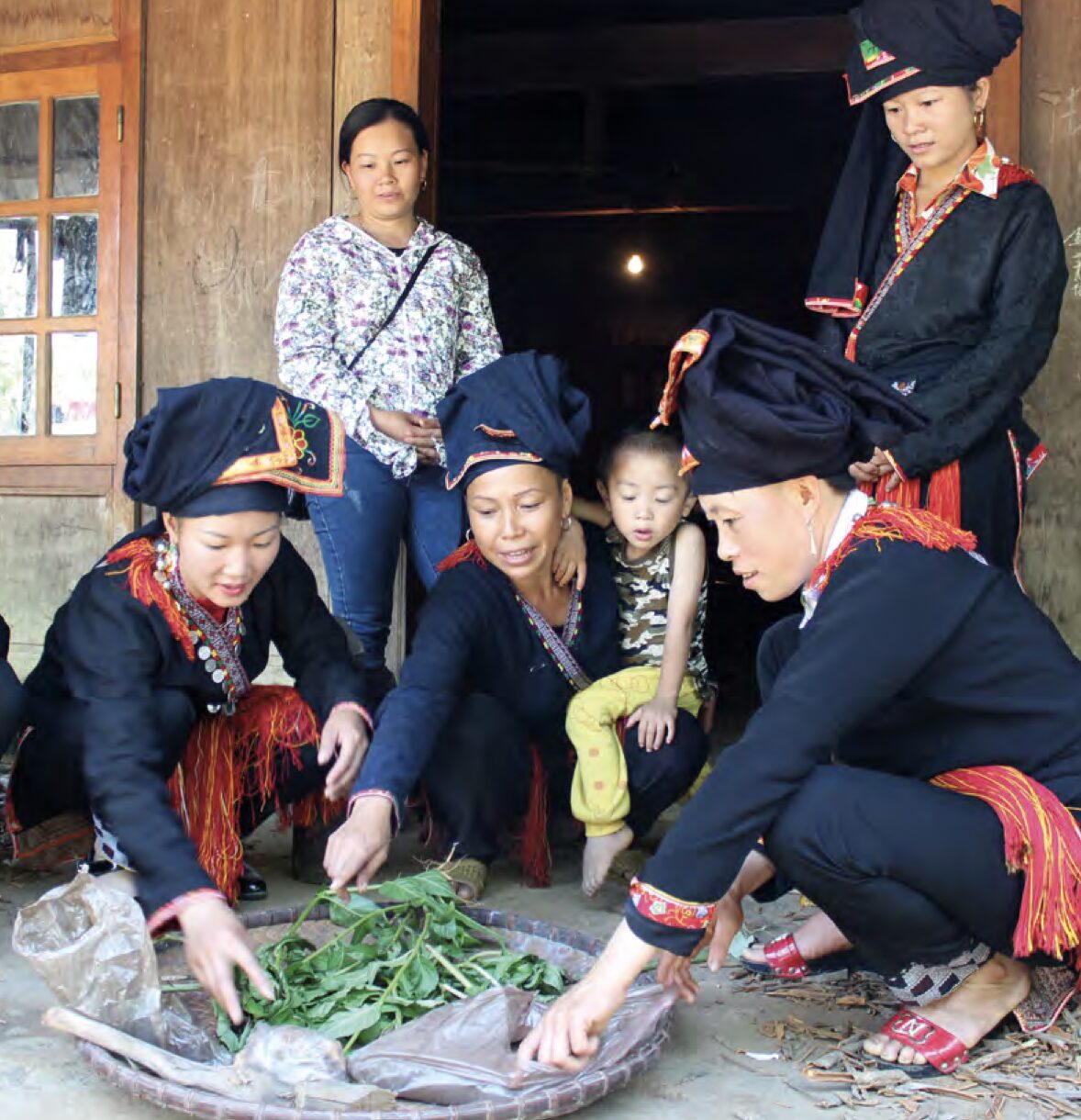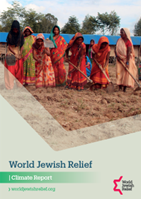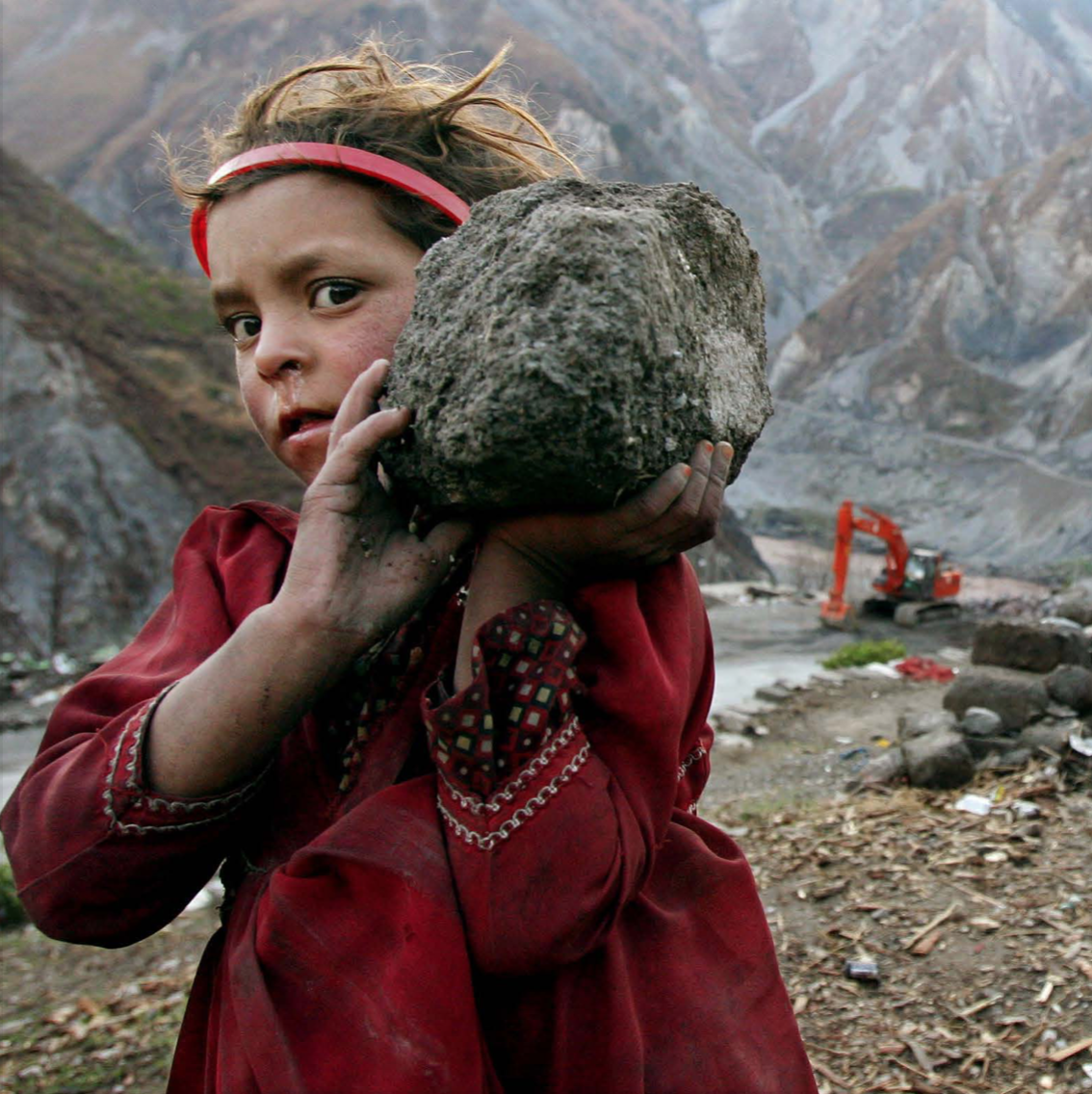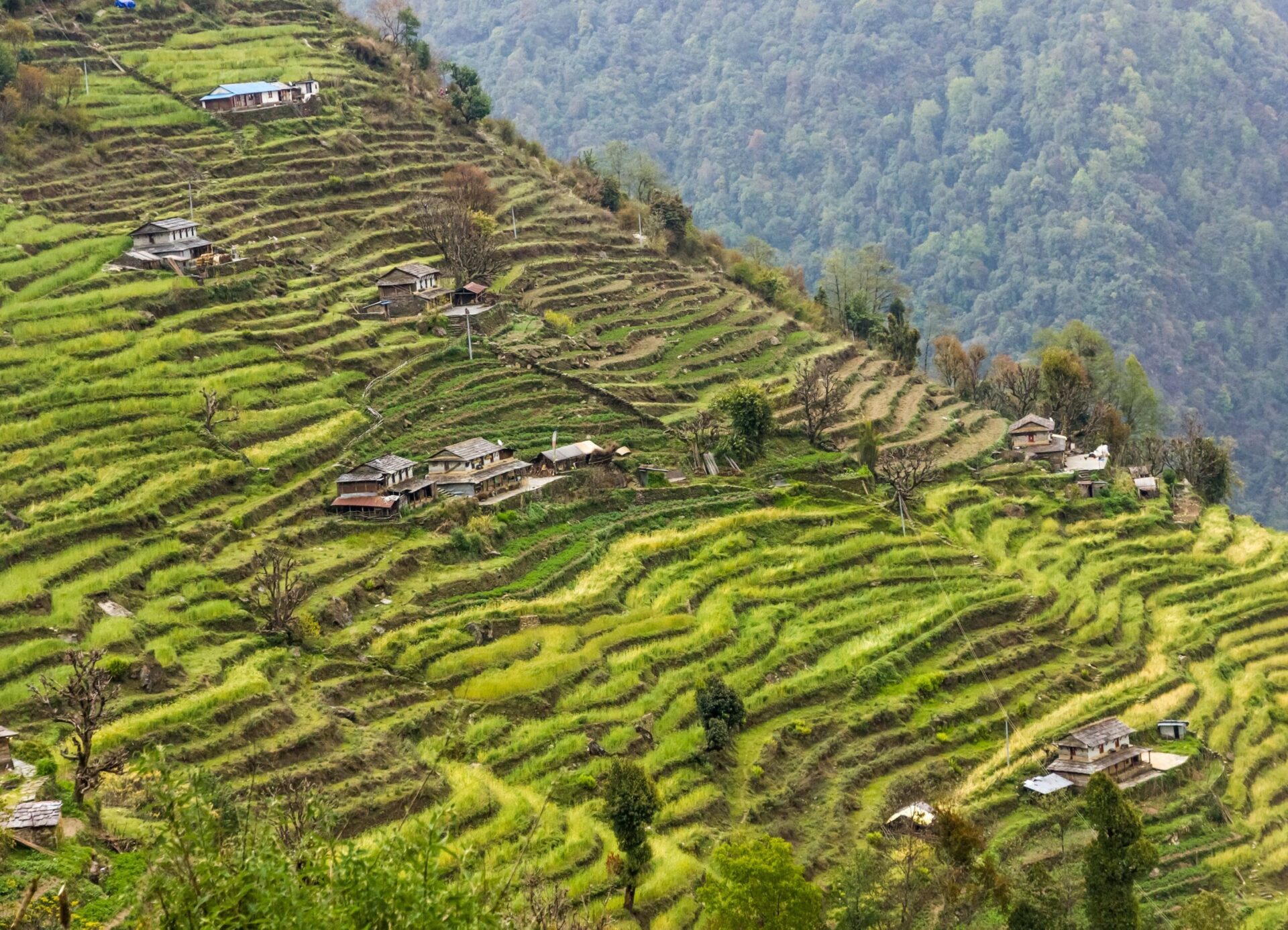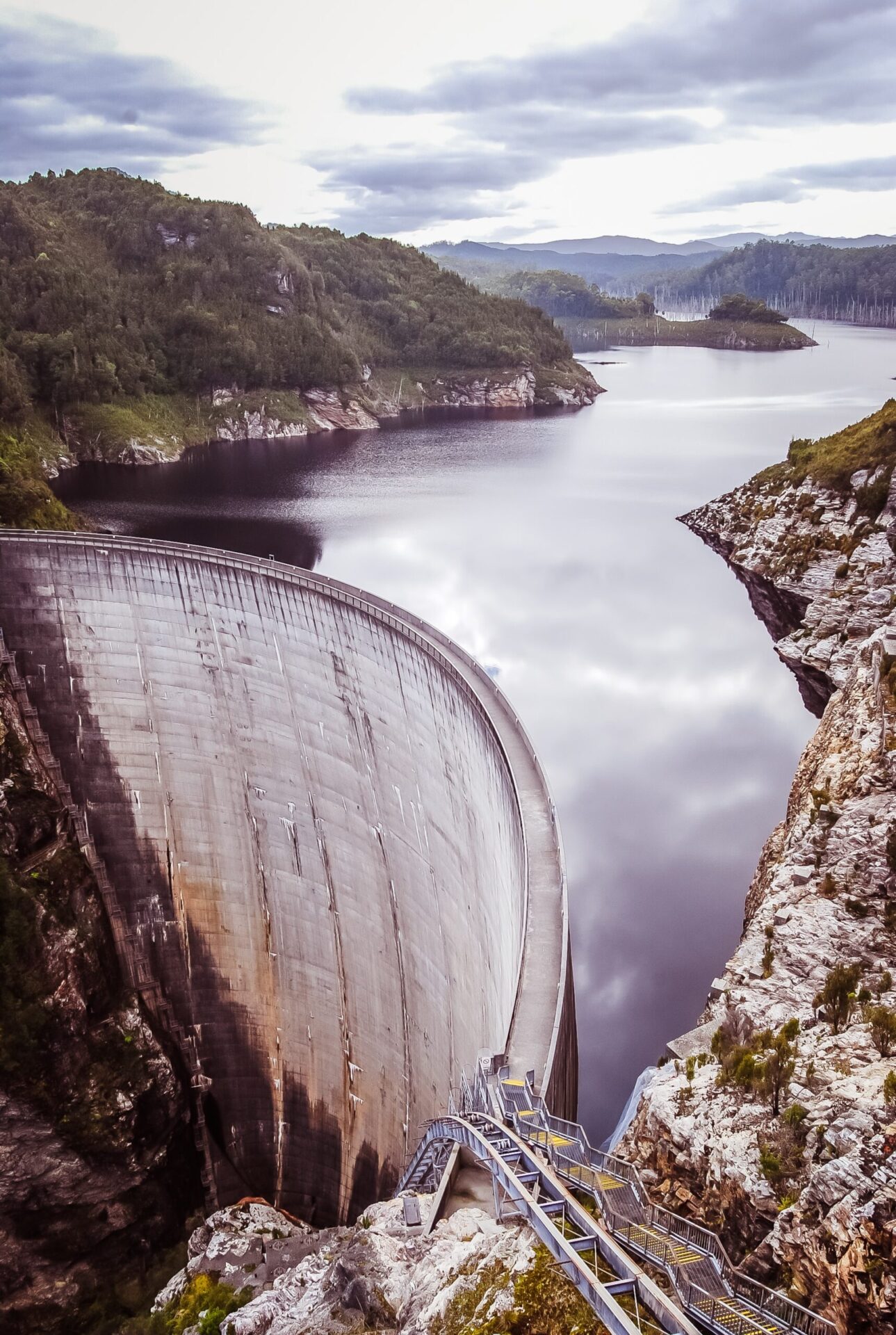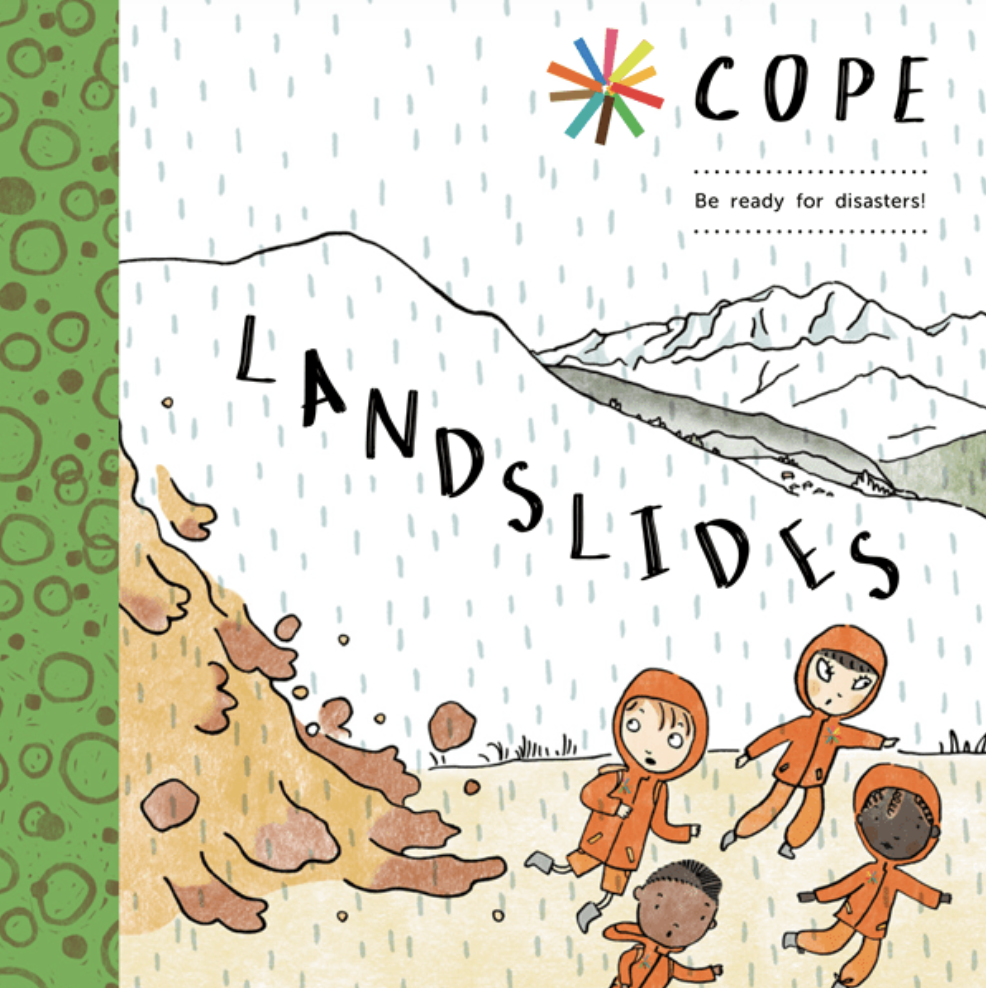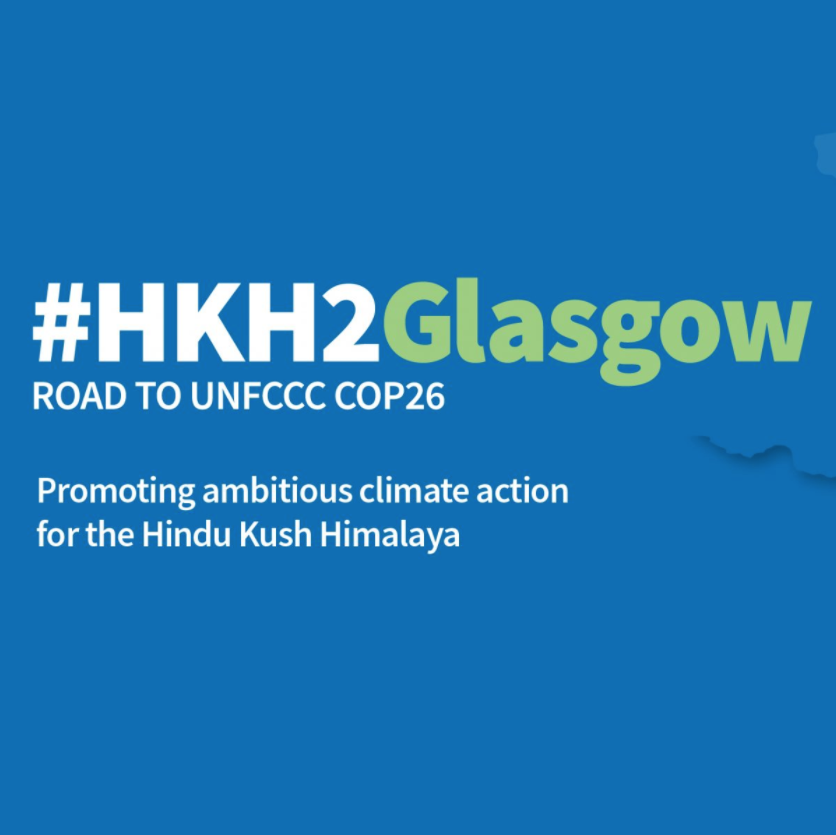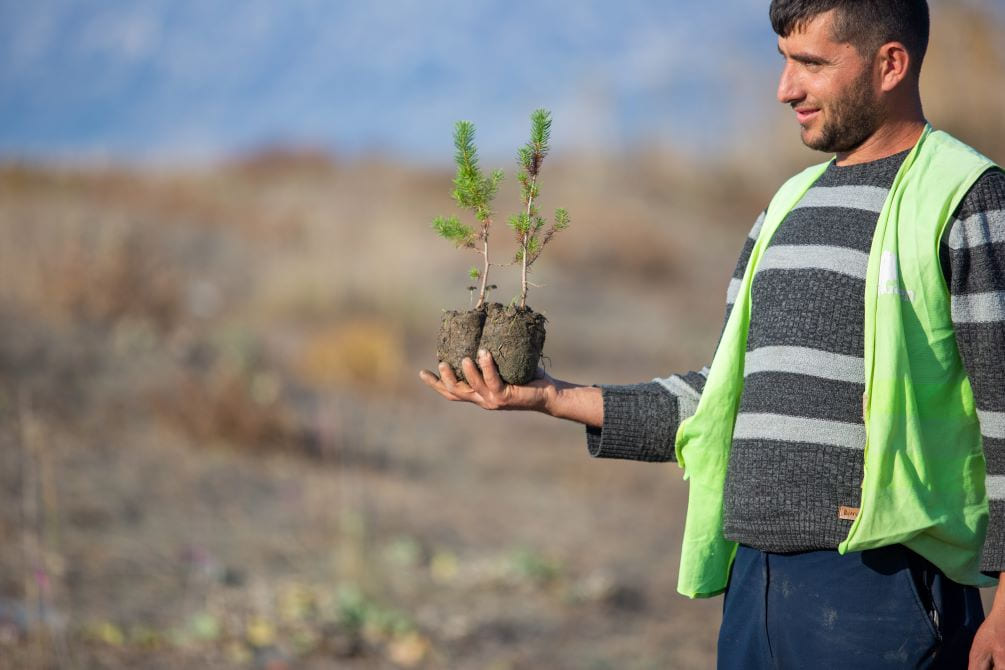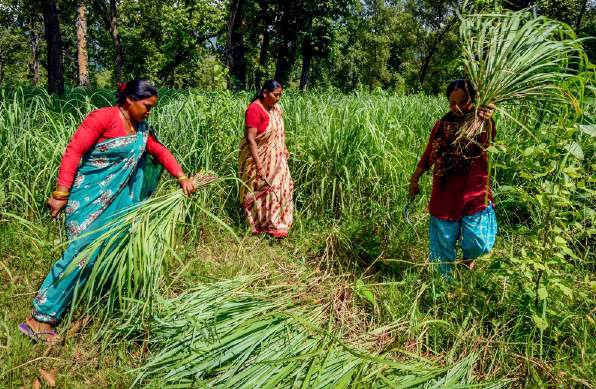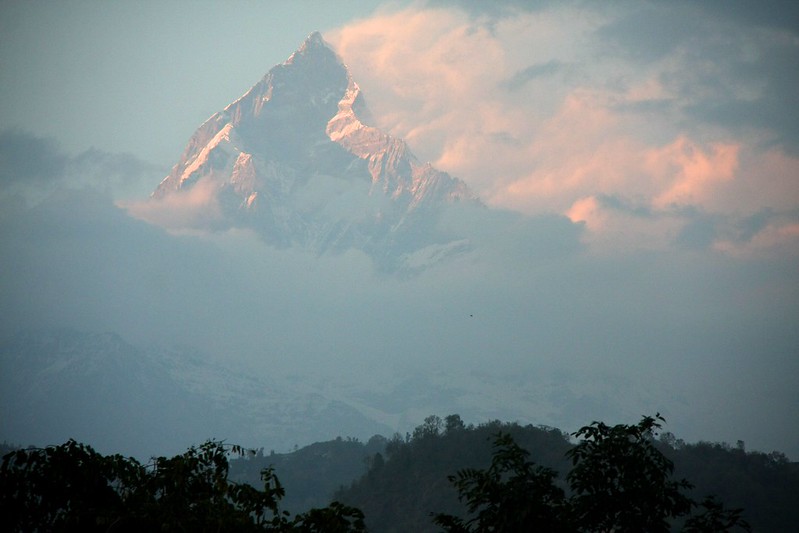nepal
Nationally Determined Contributions in Asia: Are governments recognizing the rights, roles and contributions of Indigenous Peoples?
This report synthesises the findings from 10 country-level reports which examine how the rights, roles and knowledge of indigenous men, women, youth, and persons with disabilities are addressed in national-level climate policies and plans.
What one NGO has learned from a year of climate resilience pilot programmes
In 2022, World Jewish Relief realised that it needed to do more on the climate crisis. We had already been implementing emergency response programmes through our network of local partner NGOs, but we needed to be more proactive on this crucial issue. This article will outline how we have begun to do so, including the approach we took to programme design, the challenges we have faced and the lessons we are taking forward.
Leave No Mountain Behind: Disaster Risk Reduction for All
Why, despite the essential role mountains play in enabling countries and regions adapt to climate change, reduce disaster risks and achieve the Sustainable Development Goals, are mountain communities often left behind economically and politically? Learn more in this issue brief.
Turning Science into Action Webinar Series Session 4: International and Country Adaptation Experiences
Hear from several countries discussing recent progress and challenges in implementing adaptation solutions through a cross-sectoral lens. In translating the IPCC WGII report findings into informed action, a key takeaway was the importance of community-based and regionally led action.
Turning Science into Action Webinar Series Session 2: Turning IPCC Science to Action – Joint session on Water & Infrastructure
Watch several experts explain how to turn the IPCC's science into action in this session on water and infrastructure conducted by the AAC and WRI.
COPE Books for Children: Landslides
In this beautifully illustrated book for children you will learn how to look out for the signs that a landslide may occur, how to be ready and prepared, and what to do during a landslide and evacuation.
Promoting ambitious climate action for the Hindu Kush Himalaya
(Videos) This focus day on HKH, which was live streamed from the Cryosphere Pavilion at COP26, explored the scaling up of investment in mountain-specific climate priorities and low carbon development, the dissemination of high-impact solutions that can deliver climate action in the HKH region, and shared policy and youth perspectives on climate action. Watch the recordings of each session.
Guidelines for Integrating Ecosystem-based Adaptation (EbA) into National Adaptation Plans (NAPs)
These guidelines aim to help adaptation practitioners at national and local levels to factor ecosystem functions and services into a country's National Adaptation Plan processes and instruments.
Toward Gender-Responsive Ecosystem-Based Adaptation – Why it’s needed and how to get there
The purpose of this report is two-fold: to illustrate the importance of integrating gender considerations in EbA actions, and to provide concrete examples of how this can be done in practice.
Climate action in the Hindu Kush Himalaya
This event provided a platform for stakeholders from the Hindu Kush Himalaya to discuss how regional collaboration can deliver ambitious climate action in the region.
